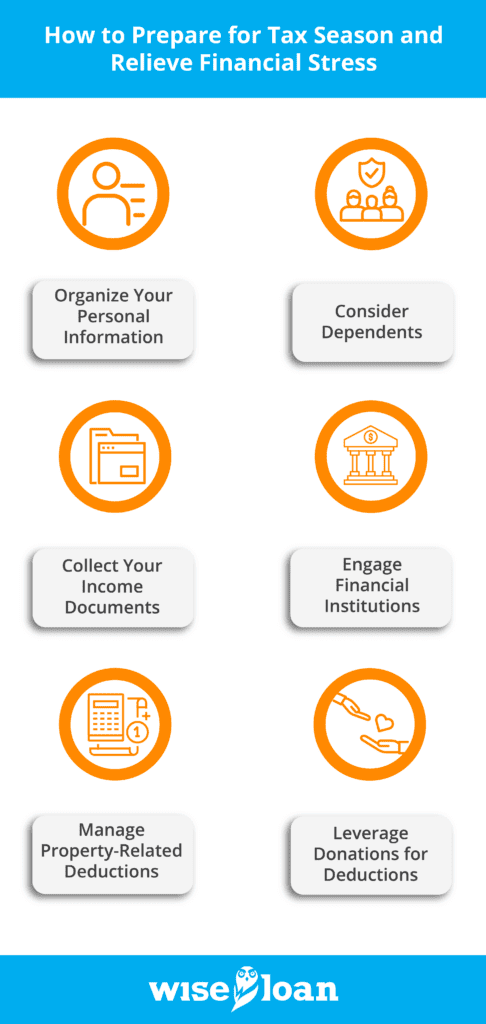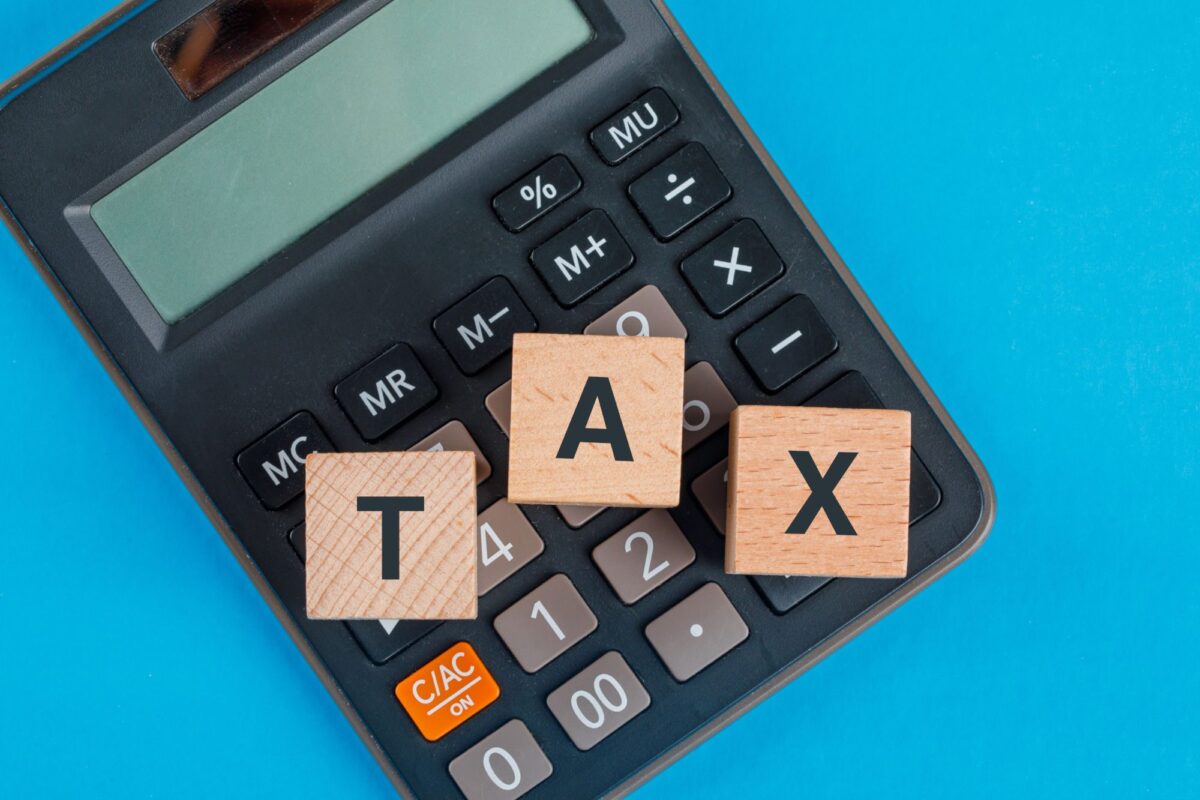Preparing for Tax Sessions: A Comprehensive Guide
Dealing with taxes can be a source of stress due to the substantial amount of personal information required, often feeling overwhelming to gather in a limited timeframe. However, adopting a well-organized approach can alleviate this stress and boost your confidence in accurately filing your taxes. A harmonious interaction with the IRS is a key factor in ensuring a smooth tax refund process. Whether you intend to engage an accountant’s services or tackle your taxes independently, here’s a step-by-step guide to streamline your tax preparation:
- Organize Your Personal Information:
Gathering essential personal information is fundamental. Ensuring accuracy is crucial, particularly regarding your Social Security number. If utilizing an accountant, place your Social Security number in the same folder as your other documentation. Always double-check your tax form for the correct entry of your Social Security number. Failure to provide accurate information could lead to refund delays or even denials by the IRS. If you’re married and filing jointly, remember to include your spouse’s Social Security number as well.
- Consider Dependents:
For those claiming dependents, don’t overlook their identification numbers. If any dependent lacks an identification number, promptly contact the Social Security Administration to rectify this issue. If you plan to claim the child care credit, ensure you have the tax identification number of the child care provider handy.
- Collect Your Income Documents:
The first step in preparing your taxes involves gathering income-related documents. If you are an employee, your employer will provide you with a W-2 form, detailing your earnings, withheld taxes, and taxable income. If you have multiple jobs, ensure you receive a W-2 form from each employer. Self-employed individuals should anticipate additional complexities, including documenting receipts, business-related mileage, equipment expenses, and utility costs.
- Engage Financial Institutions:
Connect with your bank or credit union to ascertain whether the interest earned on your savings account is taxable. If so, secure a 1099-INT form from your account provider, summarizing your interest earnings. For those engaged in stock or mutual fund investments, a 1099-DIV form is essential. If you employ a broker, anticipate a 1099-B form detailing transaction proceeds. Maintain your year-end financial statements to cross-reference against final tax documents.
- Manage Property-Related Deductions:
For homeowners with mortgages, mortgage interest can often be deducted. Lenders will furnish a 1098 form indicating the deductible amount. Ensure that any extra mortgage payments are accurately reflected in your lender’s calculations. Vacation home owners should expect a separate 1098 form for mortgage interest deduction. Remember, mortgage interest deductions are not confined to primary residences. Also, explore deductions for home equity loan interest and real estate taxes. If you are subject to personal property tax, confirm the requirements of your state or county. Keep records of these payments for Schedule A inclusion.

- Leverage Donations for Deductions:
Donations to qualified charities can be rewarding at tax time. Contributions of $250 or more necessitate acknowledgment from the charitable organization. Smaller donations may not require formal receipts but should be supported by canceled checks or financial statements. When donating items, a receipt is necessary, but be cautious about donating items of minimal value or in poor condition. Volunteering mileage can be deducted at 14 cents per mile; maintain a record of your mileage on a calendar.
Being well-prepared involves maintaining a year-round approach to recordkeeping. An organized collection of documents and accessible tax-related information will enable you to promptly address any discrepancies or corrections. Ultimately, this method simplifies the tax filing process, reducing stress, time, and potential financial pitfalls.
The recommendations contained in this article are designed for informational purposes only. Essential Lending DBA Wise Loan does not guarantee the accuracy of the information provided in this article; is not responsible for any errors, omissions, or misrepresentations; and is not responsible for the consequences of any decisions or actions taken as a result of the information provided above.











